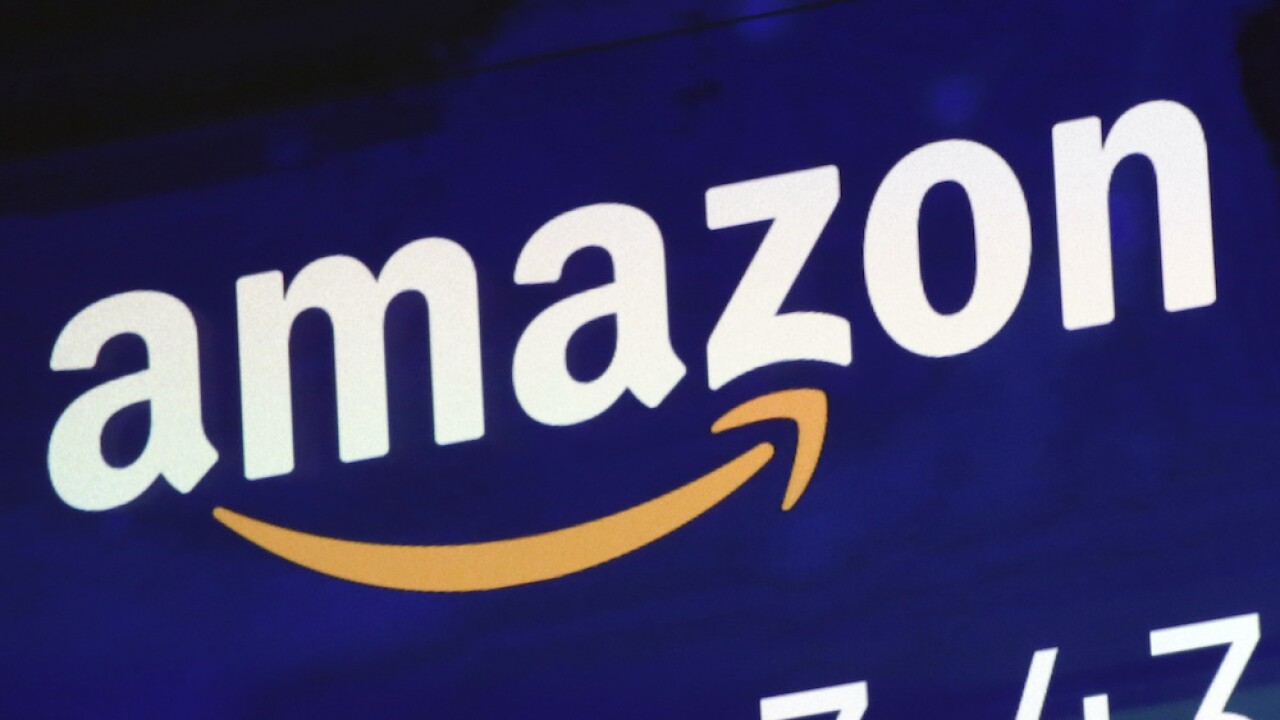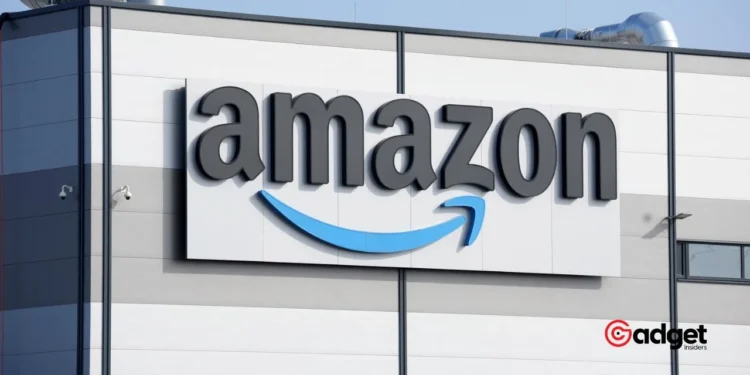Arizona has ignited a significant legal battle against the e-commerce behemoth, Amazon, challenging what it claims are deceptive practices and monopolistic behaviors that potentially harm both consumers and competition.

The Core of Arizona’s Legal Challenge Against Amazon
The Grand Canyon State, under the guidance of Attorney General Kris Mayes, has launched two lawsuits targeting Amazon’s operations. The lawsuits, filed in the Superior Court of Arizona, bring serious accusations against the tech giant, including the use of “dark patterns” and restrictive agreements that allegedly hinder fair competition.
One lawsuit alleges violations of the state’s Consumer Fraud Act, particularly focusing on the difficulties imposed on users attempting to cancel their Amazon Prime subscriptions. The tactics employed, commonly referred to as dark patterns, are design elements used to subtly influence user actions. This lawsuit reflects similar concerns raised by the Federal Trade Commission (FTC) in a recent legal action against Amazon.
LAWSUIT ALERT
Arizona is suing Amazon. Attorney General Kris Mayes claims $AMZN used unfair business practices under the AZ Consumer Fraud Act and the AZ Uniform State Antitrust Act. The state seeks to stop the deceptive practices and obtain civil penalties of ill-gotten gains. pic.twitter.com/tzLuO8Ffqv
— Wall Street Alerts (@MarketAlerts_) May 16, 2024
The second lawsuit extends beyond consumer deception, accusing Amazon of violating Arizona’s Uniform State Antitrust Act. This claim centers around Amazon’s arrangements with third-party sellers, which allegedly prevent these sellers from offering more competitive pricing on platforms outside of Amazon, particularly through the enforcement of “most favored nation” clauses.
Challenging the Buy Box: The Algorithm at the Heart of the Controversy
A pivotal element in Arizona’s antitrust lawsuit is the challenge against Amazon’s Buy Box algorithm. This algorithm plays a crucial role in determining which products are prominently displayed with the “Buy Now” option. The state’s complaint suggests that this algorithm favors products either sold directly by Amazon or by third-party sellers using Amazon’s Fulfillment services.

Critically, the algorithm is accused of misleading consumers into believing that the highlighted Buy Box offers represent the best available price. However, reports, including those from The Verge, indicate that consumers might often pay more than necessary, as cheaper alternatives are suppressed by the algorithm in favor of listings that generate higher fees for Amazon.
Amazon’s Defense and the Potential Impacts of the Lawsuit
In response to these lawsuits, Amazon spokesperson Tim Doyle expressed disappointment, asserting that the actions were taken without a thorough understanding of Amazon’s operations. Doyle defended Amazon’s subscription model, claiming the sign-up and cancellation processes are intentionally designed to be straightforward and user-friendly.

He also cautioned that the legal actions could compel Amazon to modify its business practices in ways that might ultimately harm consumers and the myriad of businesses that rely on its platform, potentially leading to increased prices across the board.
What’s Next for Amazon and Arizona?
As the legal proceedings unfold, the outcomes could set significant precedents for how digital marketplaces operate and interact with both consumers and third-party sellers. Arizona seeks not only to halt the alleged deceptive and anti-competitive practices but also to obtain civil penalties and the restitution of any profits made through these practices.
The broader implications for Amazon and other tech giants are substantial, as they could face increased scrutiny and potentially stricter regulations on their business operations and algorithms. This case underscores a growing trend where states take an active role in regulating the tech industry, aiming to ensure fair competition and protect consumer rights.










